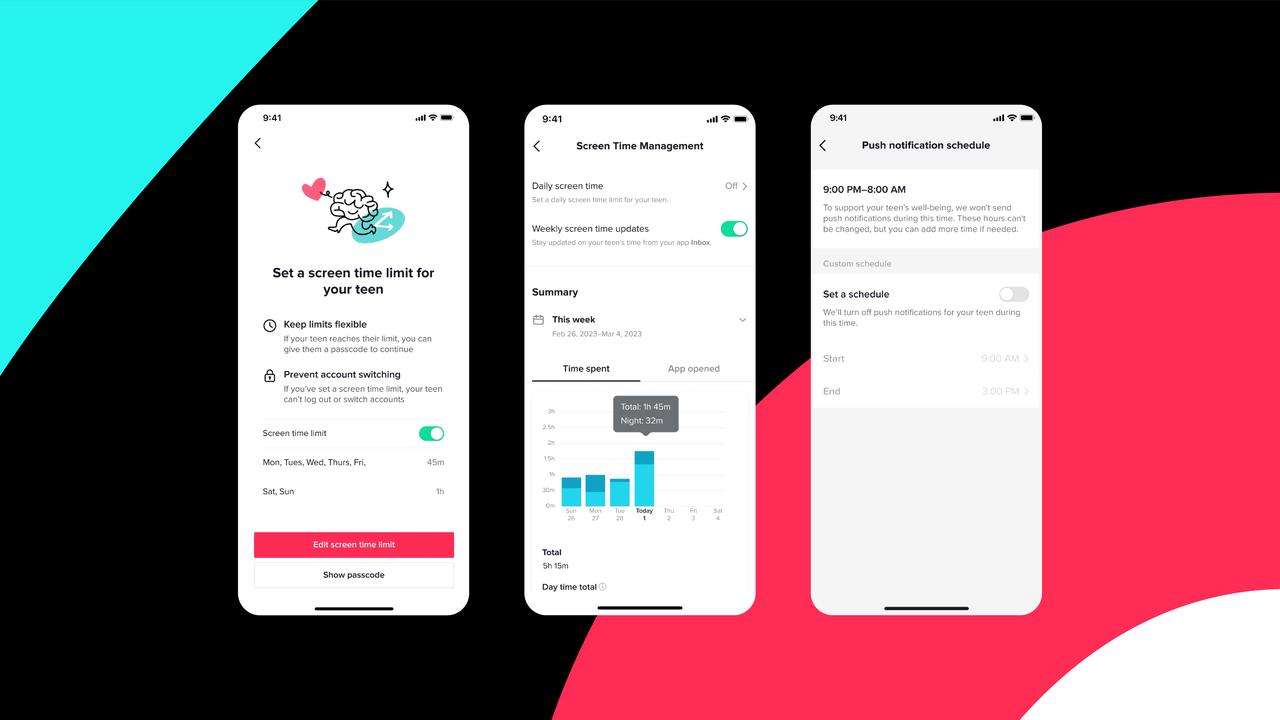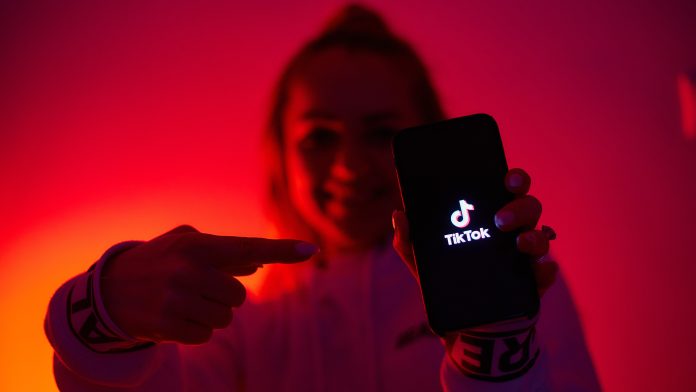Even TikTok agrees teens and tweens are spending too much time on TikTok and now, somewhat surprisingly, the popular social media platform is doing something about it.
The company announced in a blog post on Wednesday a new effort to help young people manage their time on TikTok on some of the best smartphones, though it hinges on platform members telling the truth about their age.
Soon, TikTok will set a 60-minute usage limit for all users under 18. The prompt, though, will be more of a suggestion in that the teen will only have to enter a passcode to extend their time. For those who do so and break the 100-minute barrier (who doesn’t?), TikTok will soon encourage them to set up their own screen time limit for the app.
Usage rules for those under 13 will be more strict. Once they reach the 60-minute limit, a parent or guardian will have to enter a code to restore access. There is nothing in the announcement about how TikTok is verifying the age of its users.
TikTok is pairing these new limits with a collection of screentime management tools that it’s adding to its Family Pairing parental management feature. They include a screen time dashboard and the ability to mute notifications. The latter should help keep TikTok phone notifications from pulling teens back onto the platform.
The moves come just two days before the US celebrates National Unplugging Day, an unofficial gadget and social media holiday where people of all ages are encouraged to put down gadgets and screens and relearn pre-digital skills like hobbies, screen-free bedtime, and face-to-face social interaction.
Whether or not you believe in unplugging, there’s no arguing with the current, startling screen time trends, especially among teens and tweens.

A growing problem
Screentime among tweens and teens has been growing for years and all but exploded during the pandemic. Common Sense Media’s 2021 survey reported a 17% spike in media use between 2019 and 2021. A more recent study put kids’ daily TikTok use at 80 minutes per day. That’s a lot of short videos.
Parents and maybe some overstimulated teens may welcome some screentime structure but it’s also worth noting that TikTok’s motives might not be entirely altruistic. The company is facing heavy scrutiny from US Government officials, many of whom are calling for an outright TikTok ban. The concern, though, has nothing to do with too much screen time and everything to do with TikTok’s ties to the Chinese government.
TikTok is still owned by Chinese tech firm ByteDance and many fear that the Chinese government has unfettered access to TikTok data and, therefore, all of our activities on the platform. However, TikTok has been moving all of its US data to Oracle servers based in California. The company claims that no one in the Chinese government has access to US TikTok data.
Whoever is looking at the data, there may soon be less of it to peruse if TikTok’s screen time management efforts are successful.


















